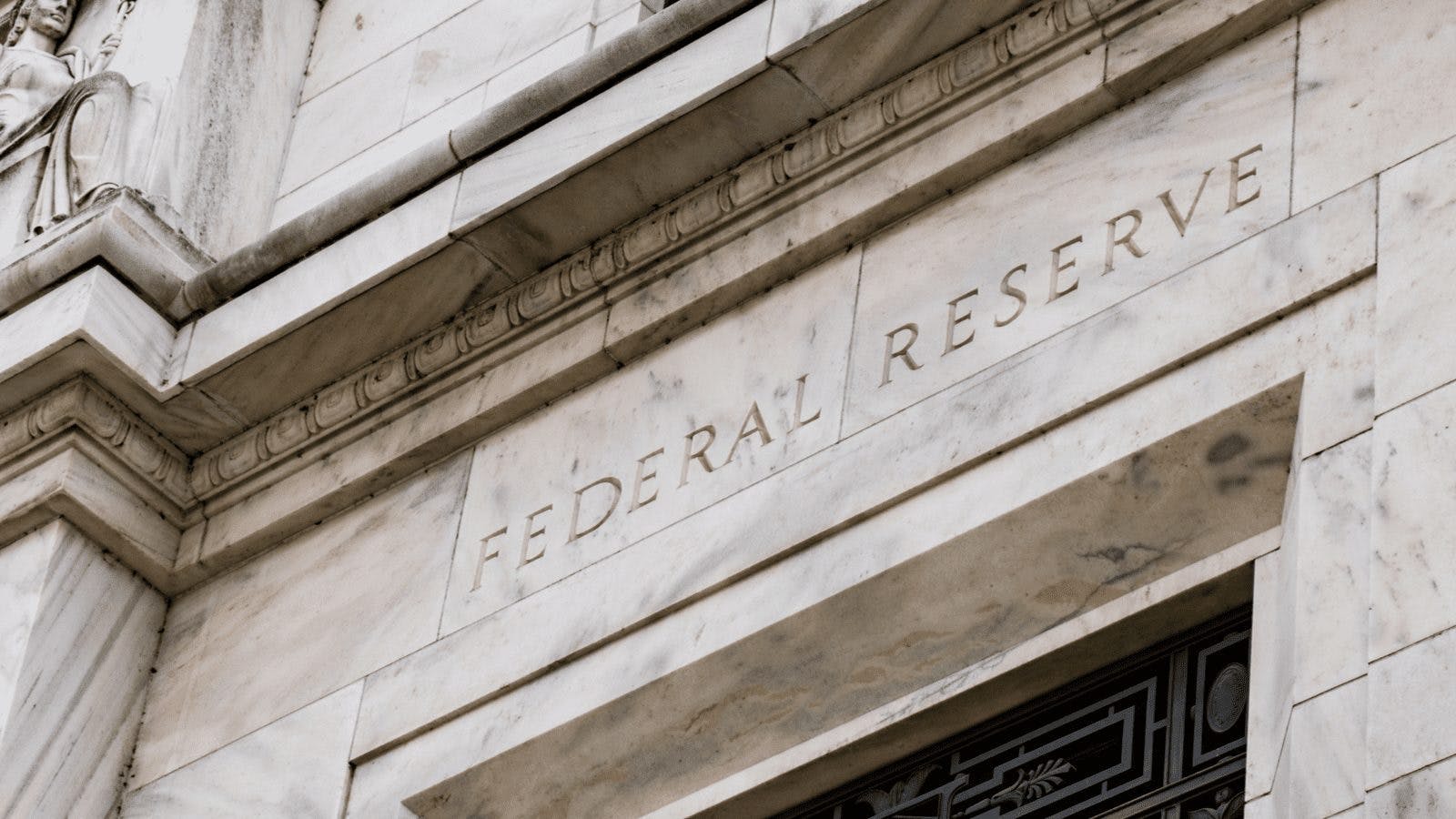Federal Reserve Officials Banned From Owning Cryptocurrencies, Stocks After Public Outcry
The move, which follows controversy over personal trades from members, is said by the Fed to guard against “even the appearance of any conflict of interest”

Source: Shutterstock
- The new restrictions take effect May 1
- The Fed is mulling the creation of a central bank digital currency
As US regulators hone in on digital assets, senior Federal Reserve officials will no longer be allowed to trade individual cryptocurrencies.
On the heels of public pressure to reign in trading practices, the new Fed rules — first broached in October — ban senior officials from purchasing individual stocks or sector funds, as well as from holding cryptocurrencies, commodities and foreign currencies.
Executives must give 45 days notice before buying or selling a security, which they cannot later reverse. The 12 Fed regional bank presidents will be required to publicly disclose securities transactions 30 days in advance.
The rules “aim to support public confidence in the impartiality and integrity of the Committee’s work by guarding against even the appearance of any conflict of interest,” the Fed said in a Friday statement.
The move comes months after Federal Reserve governors Robert Kaplan and Eric Rosengren left their positions in September following controversy over personal trades.
The final makeup is more extensive than officials let on in October. More securities have been banned, and Chair Jay Powell now has the power to curtail the trades of relatives, including spouses and children, of officials.
Meanwhile, the Fed continues to investigate potential use cases and risks of central bank digital currencies (CBDCs). Fed Governor Lael Brainard on Friday urged officials to take digital asset technology seriously.
“The financial system is not standing still, and neither can we,” Brainard said at the US Monetary Policy Forum in New York. “The digital financial ecosystem is evolving rapidly and becoming increasingly connected with the traditional financial system.”
Under the new rules, officials will have 12 months from when the rules go into effect, May 1, to dispose of freshly banned holdings. New personnel will be given just six months to do so.
Get the news in your inbox. Explore Blockworks newsletters:
- The Breakdown: Decoding crypto and the markets. Daily.
- 0xResearch: Alpha in your inbox. Think like an analyst.






